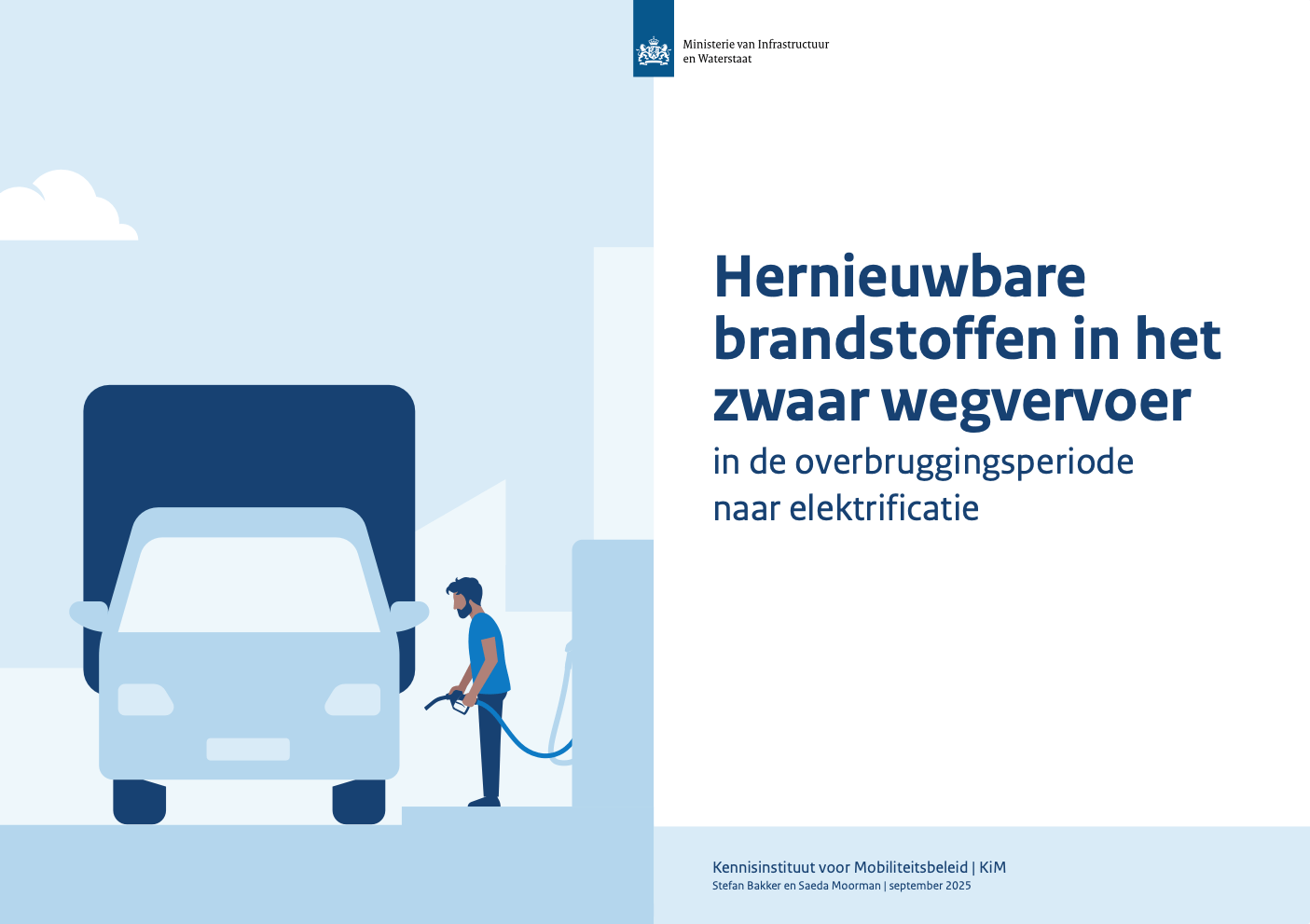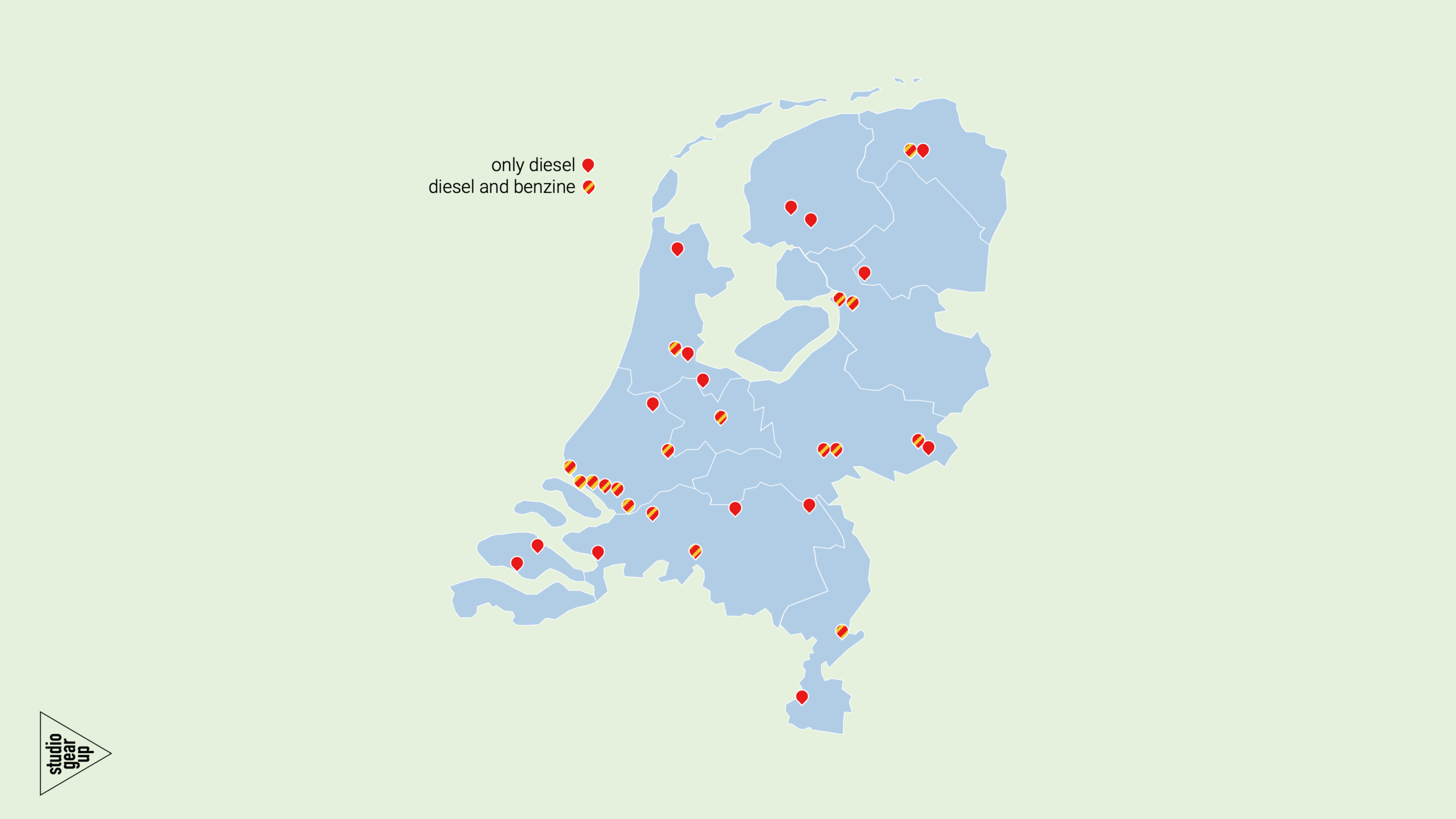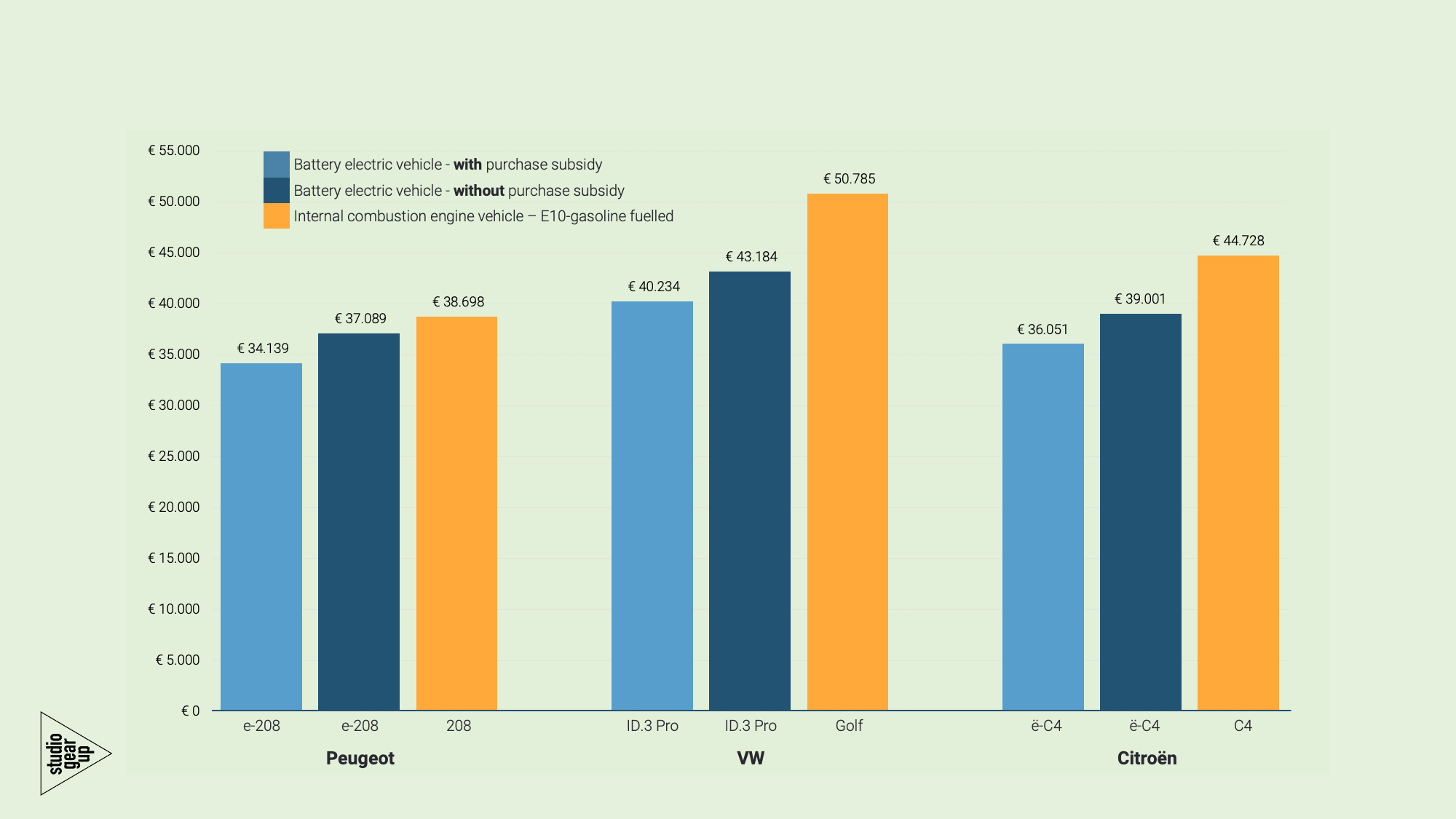High blends of renewable fuels for the heavy-duty fleet in the Netherlands
KiM Netherlands Institute for Transport Policy Analysis (Kennisinstituut voor Mobiliteit – KiM) commissioned studio Gear Up to conduct research to explore the options for high-blends of renewable fuels in the heavy-duty fleet. This research served as input for KiM’s (2025) report: Renewable fuels in high blends in road freight transport , which provides recommendations for Dutch policy makers aiming to shape climate action in the road sector. The study sets out to explore alternative fuel options available to heavy-duty vehicles given that there is “uncertainty about the pace of truck electrification”.
High blends of renewable fuels for the heavy-duty fleet in the Netherlands Read More





